Overview
The New Zealand Life Cycle Management (NZLCM) centre is a partnership between Massey University, AgResearch, Landcare Research, Plant and Food Research, and Scion. The centre acts as a focal point for cooperation more widely across organisations, industry and government.
We're leading life cycle management in New Zealand through:
- education, training, and research in both life cycle management and life cycle assessment
- understanding and communicating the environmental impacts of product systems – from raw materials to production, distribution, use and end-of-life management
- life cycle approaches to support decision-making around more sustainable value chains, alternative product systems and reduced environmental impacts.
Our people
Massey staff
The New Zealand Life Cycle Management (NZLCM) centre is hosted by Massey University and the Director is Professor Sarah McLaren. Professor Chris Anderson is the Chair of the Management Group.

Professor Sarah McLaren
Sarah is Director of the New Zealand Life Cycle Management Centre and an Associate Professor in Life Cycle Management at Massey University. Her research focuses on development and application of life cycle assessment (LCA) and related approaches such as carbon and water footprinting, particularly methods for LCA and related techniques, and the relationship between LCA and decision-making.

Professor Chris Anderson
A soil chemist, Chris Anderson's research focuses on the use of plants to extract, degrade or immobilise contaminants in soil. Chris has significant experience in the application of new environmental chemistry techniques to science and technology problems.
Non-Massey staff
NZLCM is a partnership initiative between Massey University, AgResearch, Landcare Research, Plant and Food Research, and Scion.
Dr Kate Parker
Kate is a chemist who is developing new packaging materials using biomaterials, particularly biopolymer foams as an alternative to expanded polystyrene. View Kate Parker's profile on Scion.

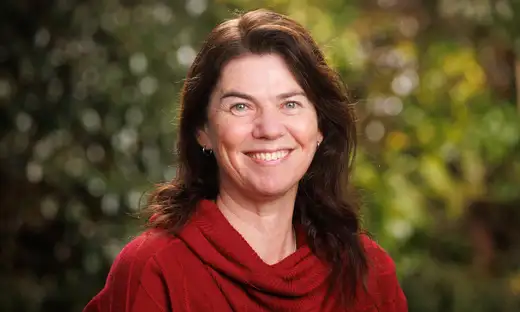
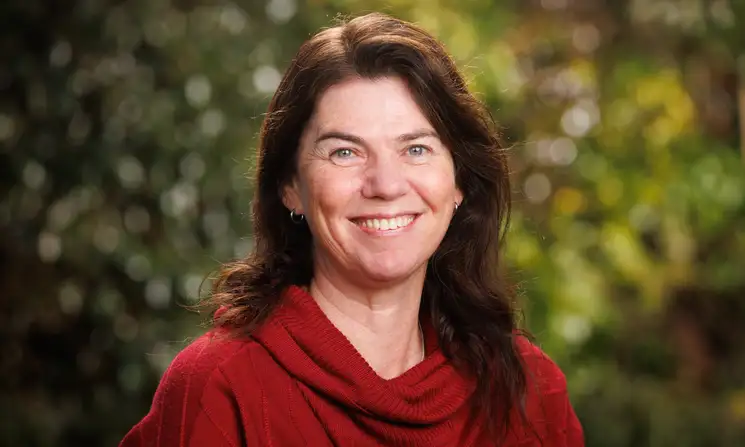
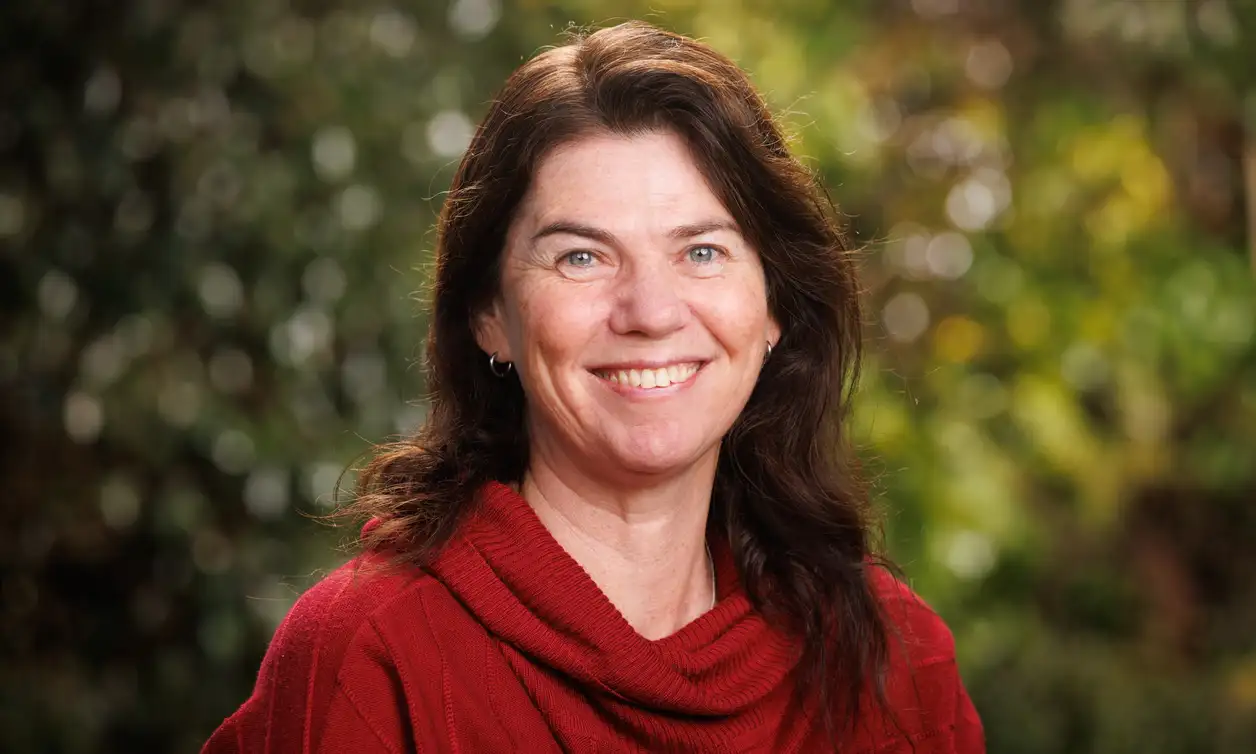
Dr Miko Kirschbaum
Miko researches the biophysical controls of net greenhouse gas emissions from agriculture & forestry, developing approaches to better link greenhouse gas emissions to their climate-change impacts. View his profile at Manaaki Whenua – Landcare Research.




Dr Stewart Ledgard
Stewart's focus is resource use management & the environmental impacts of pastoral farming systems, as well as the application of Life Cycle Assessment across a range of NZ agricultural systems and products. Read about his work at AgResearch.
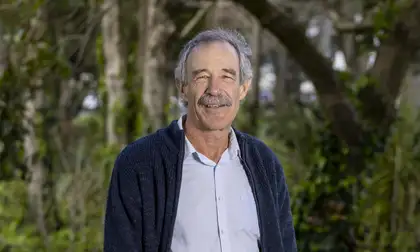
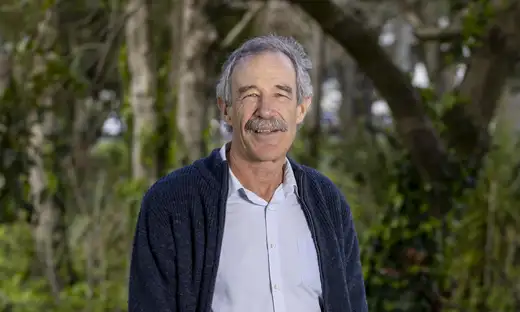
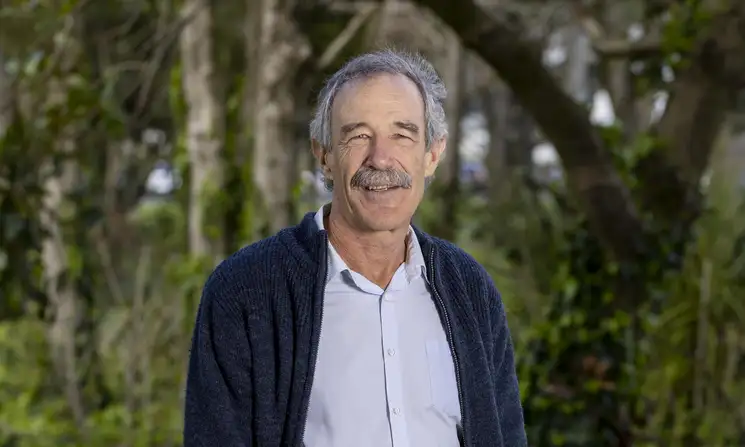
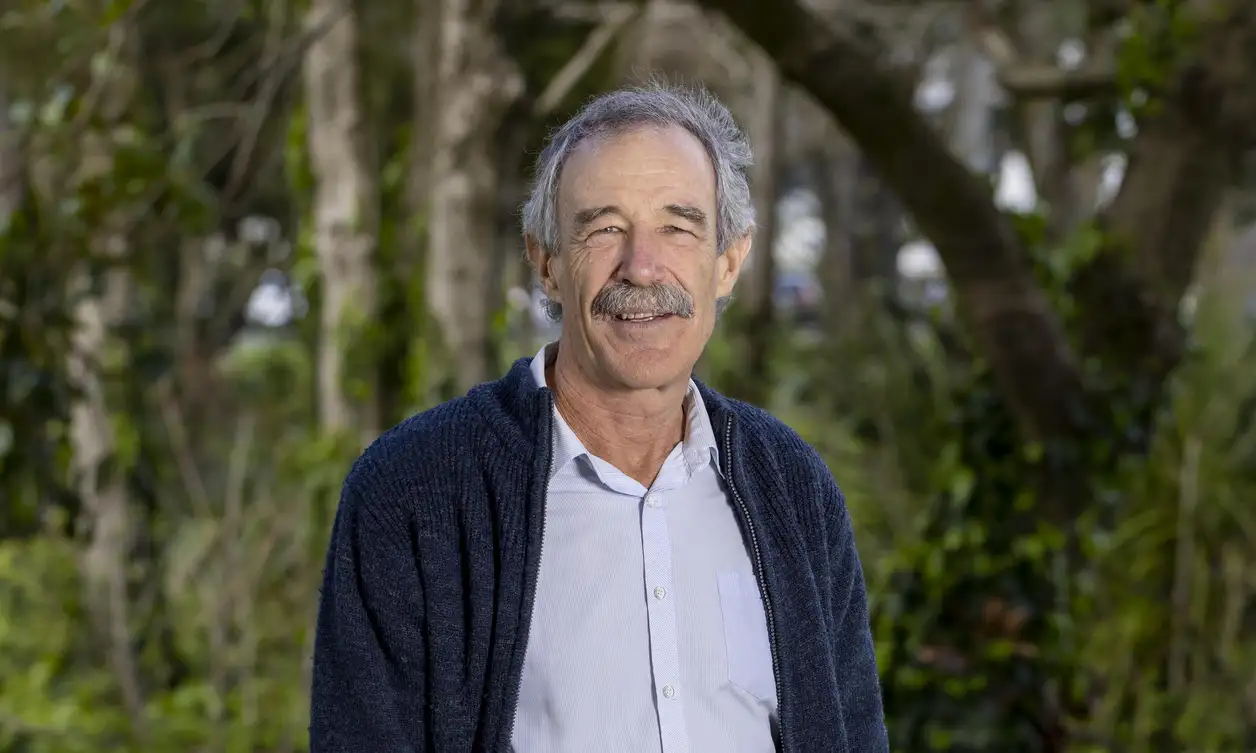
Dr Brent Clothier
Brent is a Principal Scientist with Plant & Food Research. Brent has published over 300 scientific papers on the movement & fate of water, including life cycle assessment, carbon & water footprinting, & more. Read his profile on Google Scholar.




Study with us
Massey University offers courses in life cycle assessment and life cycle management for postgraduate students, as well as a short course for professionals interested in learning more about the role of life cycle assessment when it comes to decision-making.
Life Cycle Assessment (LCA) and Footprinting Principles – 238700
Life Cycle Assessment and Footprinting Case Studies – 238711
Credits 15.0
Case studies, selected to meet learner requirements, are used to examine the philosophical, methodological and empirical issues in LCA and Footprinting across different scales (e.g. product, company, city or country), contexts (e.g., supply chain management, product design, eco-certification, urban planning and public policy evaluation) and sectors (e.g. dairy, energy, fibre, forestry, horticulture, manufacturing, meat, or tourism).
Introduction to Life Cycle Assessment
This short course introduces life cycle thinking as a concept and life cycle assessment (LCA) as an analytical tool to support environmental management. By the end of the course, you will be able to confidently commission an LCA study designed to meet the needs of a specific decision situation and be able to interpret its results to support decision-making.
Partnerships to support life cycle thinking
We are involved in – and facilitate – national and international partnerships to develop and promote life cycle-based approaches to environmental sustainability.
The Life Cycle Association of New Zealand
We regularly co-organise & participate in events with LCANZ, an independent special interest group for those interested in promoting & raising awareness about life cycle thinking & assessment.
International Organization for Standardisation (ISO)
We have coordinated Aotearoa New Zealand responses to inform development of the ISO 14046 water footprint standard, & other life cycle assessment-related ISO standards.
International LCA Food Conference series
Professor Sarah McLaren is a member of the Scientific Committee for this conference which is held every two years & brings together researchers & others interested in applying LCA to food products.
NZ Food Awards
Professor Sarah McLaren is the Sustainability Judge for these annual awards, assessing the life cycle-based environmental & social sustainability attributes of the submitted entries.
Research projects
The NZLCM centre is involved in a number of life cycle assessment projects and studies across a wide range of industries, including national and international partnerships, internal studies and student group projects. These are just a few of the recent projects we have been involved in.
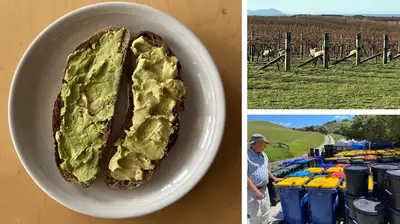
Left: avocado on toast, an example used in the research on nutritional LCA. Top right: Students investigate whether grazing sheep reduce the carbon footprint of wine. Bottom right: Food scraps collected for incorporation into banana swales, Northland.
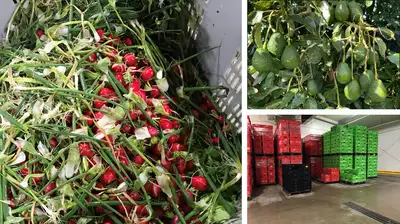
Left: Rejected produce at a horticultural packhouse; student group project on sustainable horticultural systems. Top right: Avocados used in research on nutritional LCA. Bottom right: Reusable packing crates; student project on sustainable distribution.
New Zealand Life Cycle Management (NZLCM) centre
- S.McLaren@massey.ac.nz
- Phone (New Zealand)
0800 627 739 extension 84796
- Phone (International)
+64 6 356 9099 extension 84796
- Location
Postal address
C/- Institute of Agriculture and Environment
Massey University
Private Bag 11222
Palmerston North




